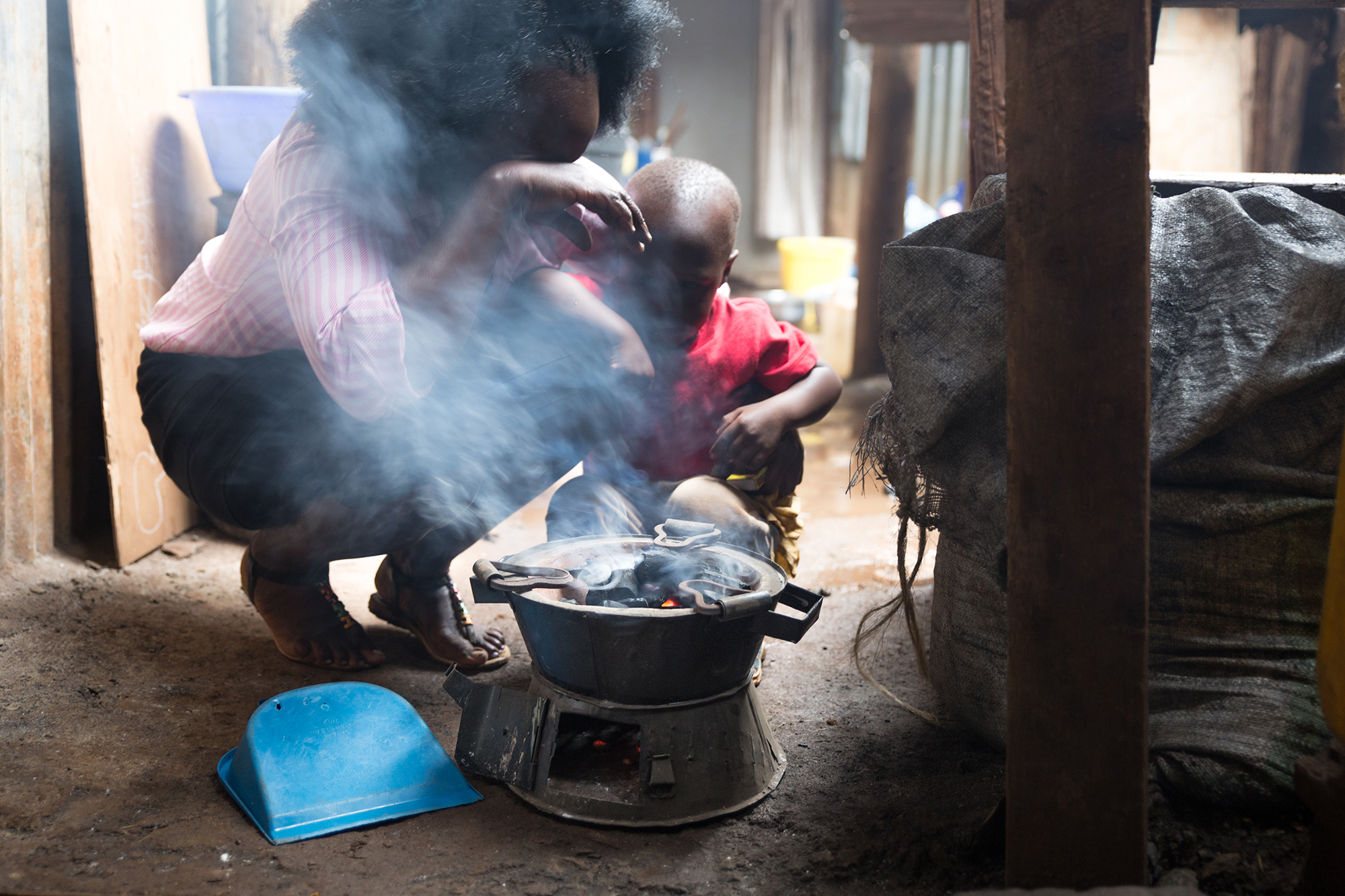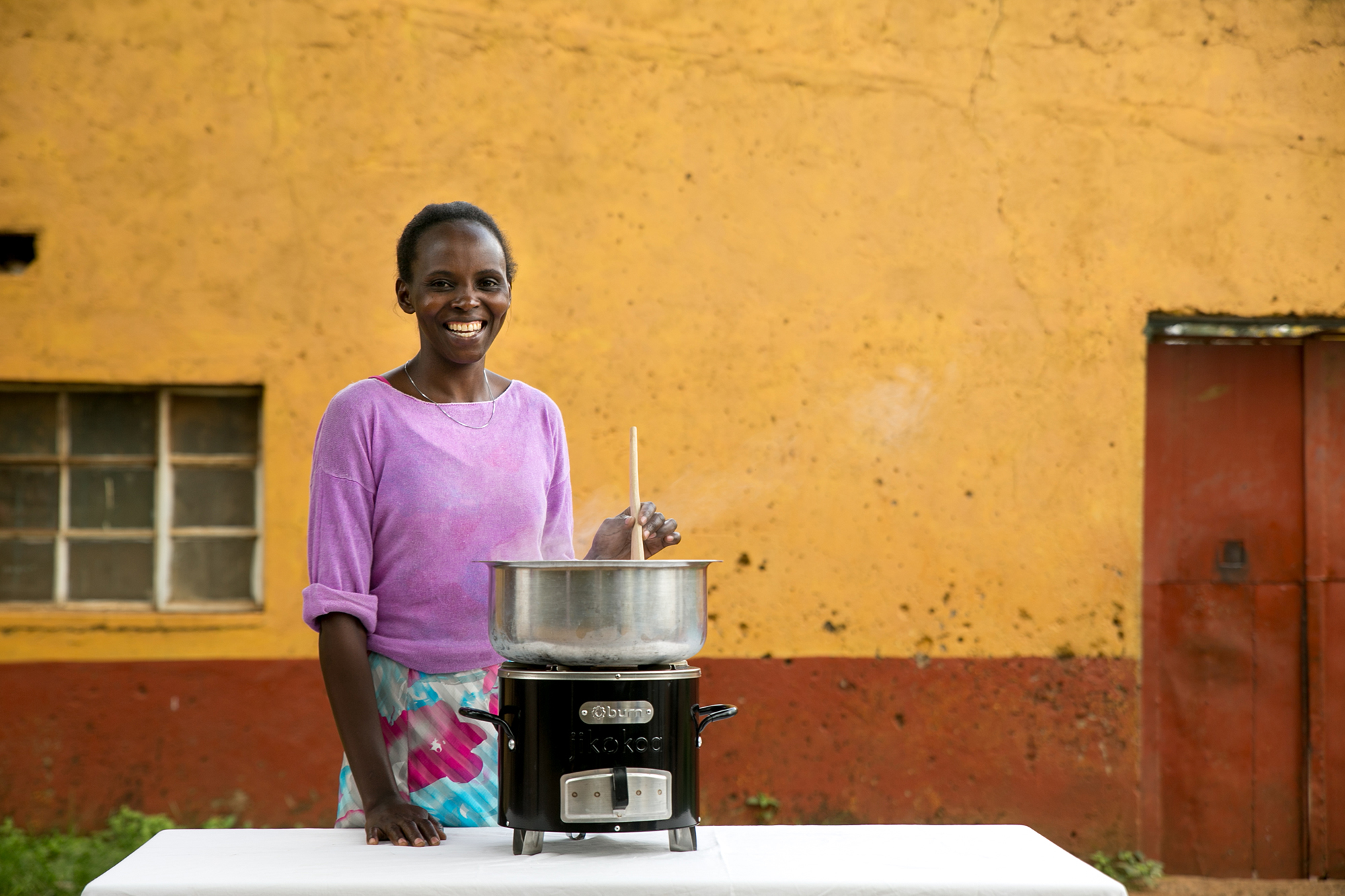Our approach to sustainability at the IFRA WPE 2019
When striving to minimise the carbon footprint of our products and processes, the priority for UPM Communication Papers will always be to focus on the areas where we have most ability to make real positive change.
Managing forests sustainably to enhance their carbon storage potential, generating an increasing percentage of our energy from renewable fuels, or sourcing more of our purchased power from renewable sources – these are the biggest steps that we take to minimise our impact. Our climate strategy is built around the principle of taking direct responsibility for our footprint.
But after all these steps have been taken, inevitably, there is sometimes an element that remains. And this is where carbon offsetting, if done responsibly and credibly, can play a role.
We believe that it’s important to take steps to reduce the impact of activity, big or small – whether it’s a paper mill or our presence at WPE IFRA. And having minimised the footprint of our presence at IFRA as far as we can, we have offset the remaining balance.
Our participation at WPE IFRA 2019 is Carbon Neutral.

